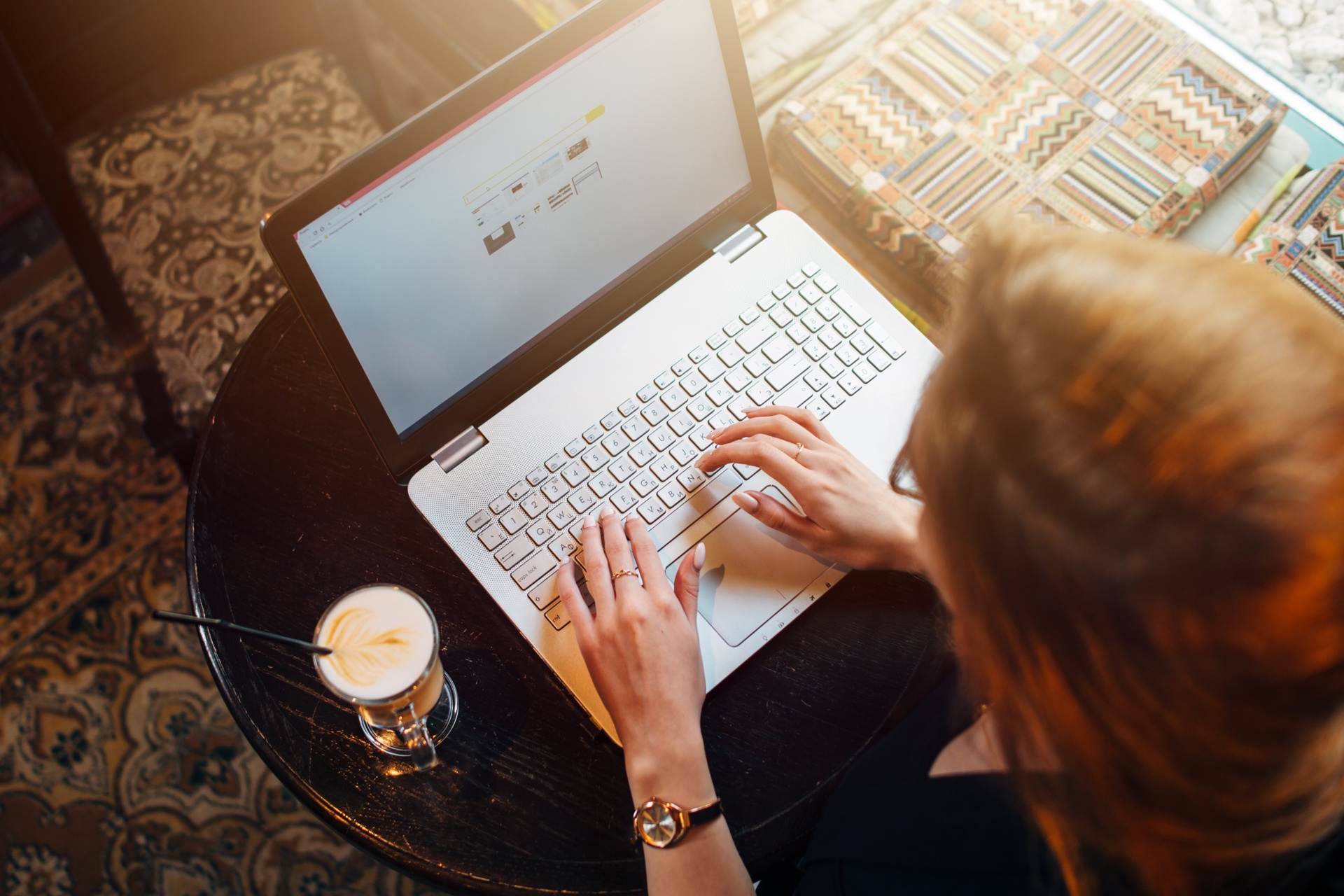Or how the world redesigned to work in the time of the coronavirus
More than a year ago, much of the world lived in the belief that Skype and FaceTime were great options when it came to friends and relatives living far away. It is relatively rare for an average office worker to attend video conferences with his immediate colleagues on a daily basis.
Then in March last year, everything changed: from coffee meetings to Zoom meetings, from friend meetings to multi-room video chats, from family gatherings to confusing Skype sessions. One way or another, but we got used to it and started organizing our personal relationships around it, video forms of communication became part of our everyday lives, and this became exponentially true of the lives of office workers as they had to adapt their work relationships to the online space in addition to interpersonal. But not only has the digital world become a new home for work, more and more services have moved into virtual space every week. The whole world checked in online.
Working in the online space
We are more than a year after the appearance of the coronavirus in Hungary, and many of us may have a déjà vu, as the current situation is very similar to the same period in 2020. The difference outside the calendar can be seen in our experience: in a short time we integrated ourselves and our environment into the changed circumstances, we acquired the new knowledge that comes with it. And so did the whole country: in a few days, millions of people became users of programs they hadn’t even heard of before.
But this is not only true for employees: students, teachers, grandparents have been forced to thrive on the achievements of the web world and incorporate them into their daily lives. Online channels have gained incredible value, while in the past a Zoom meeting could only be considered as an emergency solution, in a short time it remained the only option.
While the year 2020 has made history as a year of digital work, it has begun to take shape that once world order is restored, changed work habits are far from certain to ever return to the standard of previous years.
After all, we have been watching for a year now and see that it can be so. Hundreds of thousands of jobs have adapted overnight to the changed circumstances and performed their duties in the same way, for as long as the environment changed, the tasks entrusted to them remained the same. However, the rapid and forced shift has put enormous psychological pressure on both managers and employees, who have further nuanced the public mood under an already heavy load.
The recent period has been about insecurity and the need to adapt and accept the new normal in all areas of our lives, which was not a constant state, often changing from week to week. The epidemic has been going on for more than a year, so it’s a longer period of time that experts say is already enough to keep us from wanting to go back to the old wheelbase in every way. Just as 2020 was a year of digital work, 2021 will be a year of flexibility, based on what has been done so far.
HR and psychology in changed circumstances
People’s lives have changed, and it would be a mistake to think that once the epidemic is over, all new habits will be replaced by old ones. A good example of this is online shopping, which broke unprecedented records even during the first wave of the virus. This is one of the segments that experts unanimously say will not return to its pre-coronary virus outbreak. Not just as a precaution, but rather because of its beneficial properties, which were experienced independently of the virus - but thanks to it - and began to be increasingly appreciated by customers (e.g. contactless payment and delivery, more choice, energy and time savings). >
This method works similarly in changed work, but we cannot ignore the fact that even for those lucky companies and employees who, because of their profile and work, could be considered as an alternative to working from home, the following negative effects may occur, to which employers must respond.
-Lack of office environment - not just when work from home is not guaranteed.
- Lack of personal contact with colleagues - whether it's just a coffee or lunch together.
- Lack of separation between working time and private time - there is no ritual of going to work and coming to work, the workspace also slips into the personal space.
- Uncertainty and unpredictability - whether for the health situation or the future of the company.
Countless companies are struggling with these problems, but so are the solutions. Ideally, with some effort, we can organize a memorable program for our subordinates, who, thus breaking away from the usual monotony, will have a real community experience. Be it online team building, cooking lunch together on Zoomon (for which we can also send them the ingredients to your house), or even live performances in the online space that suit your interests.
However, if you experience more serious mood or mental health problems, don’t be afraid to involve professionals to help you accept and process change and uncertainty. The goal is to stay close even when an entire world keeps its distance.
For the time being, we are not sure when and at what pace the world we used to be will recover, but companies also need to be prepared if employees do not need to restore the old order and want to use some kind of hybrid solution in the future.
Remember, 2021 is the year of flexibility!







